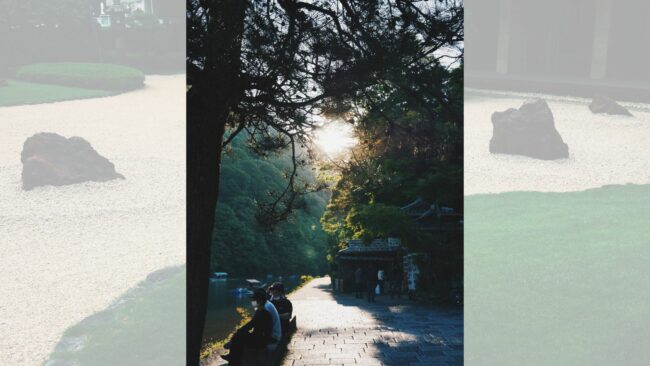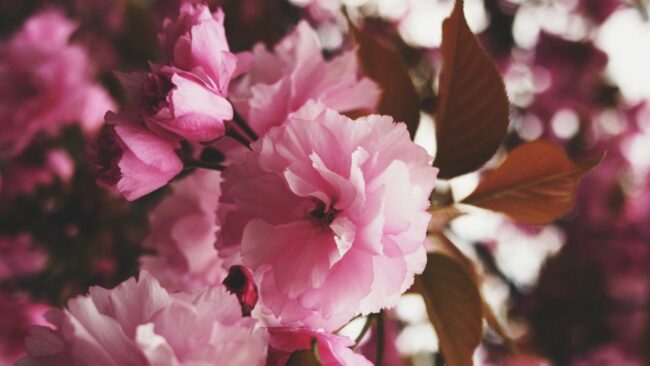Wabi-Sabi is a Japanese philosophy that celebrates the beauty of imperfection, transience, and the natural cycle of growth and decay. It encourages an appreciation for the simple, imperfect, and modest aspects of life. Rooted in Japanese culture, Wabi-Sabi finds expression in various art forms, including tea ceremonies, floral arrangements, pottery, and Zen gardens.
During a stroll through my favorite bookstore in the Daikanyama area, I came across a book about Wabi-Sabi and started to read it. I was struck by how the words of Wabi-Sabi took root in my soul, offering me a new lens through which to view existence — one that embraces the beauty of imperfection and encourages a deeper connection with the world around us. It was a moment in my life when I came to recognize the profound resonance between the essence of the fundamental Japanese philosophy, Wabi-Sabi, and my own perspective on life.
Wabi-Sabi speaks to the core beliefs regarding how we should approach life and cherish our everyday existence.

At times, it seems that we, as people, have lost sight of our purpose on this Earth. Instead of pursuing materialistic things or power, which contribute little to our genuine well-being, we often neglect to reflect on our fundamental purpose of living. What if, instead of constantly chasing superficial desires, we could pause for a moment and truly observe our surroundings? I kindly ask you to engage in this exercise now. Look around carefully – what do you perceive?
I am confident that within your life, you already have strong reasons to be happy right now. You have some income to cover your needs, a warm house, cherished friends, loved family members, and a supportive circle of individuals who stand by you through life’s journey. You can experience the silent beauty of nature. In this regard, what more could you possibly require? A legacy of genuine relationships and cherished moments will undoubtedly outshine the allure of unnecessary possessions.

Please allow me to clarify my perspective. I do not intend to suggest that the desire for wealth and success is inherently negative; my point here is to find a perfect balance, and in my opinion, one of the ways to achieve this is by deeply cherishing our present before it becomes a memory.
Let me highlight the fundamental concepts of Wabi-Sabi:
Embrace the Virtue of Simplicity
Our world has an endless variety of choices and experiences, so it’s crucial to understand what truly adds value to our daily existence.
Embracing a minimalist approach can lead to a more fulfilling and purposeful life by shedding the unnecessary and focusing on what truly matters.
Bless the Imperfection
Perfection is a mythical beast. We invite growth by embracing our flaws and life’s rough edges. Every imperfection adds nuance to the mosaic of personal evolution. Through imperfect moments and even our darkest trials, we evolve. Gratitude holds the key.
Cultivate Joyful Stillness
Resist the impulse to rush. Moments of inaction often hold the wisdom of stillness. Instead of hastening towards the first glittering option that presents itself, relish the luxury of time and the insights it brings. Picture chasing a butterfly – cease the pursuit, and it alights upon you. Allow myriad perspectives to unfold before charting your course.
Trust the Natural Flow
Why do we often doubt this natural flow of life? Embrace the organic cadence of life’s journey. We crave constancy, but embracing challenges can propel us toward resilience.

Integrating Wabi-Sabi into my daily life has brought me many blessings. It’s as if I’ve discovered a secret pathway to clarify authenticity by shedding the unnecessary weight of life’s distractions. I find myself drawn to what genuinely matters – the core elements that contribute to my well-being and the well-being of those around me. The philosophy encourages me to see the beauty in both the perfect and imperfect aspects of those I encounter, fostering compassion and empathy that enrich my relationships.
